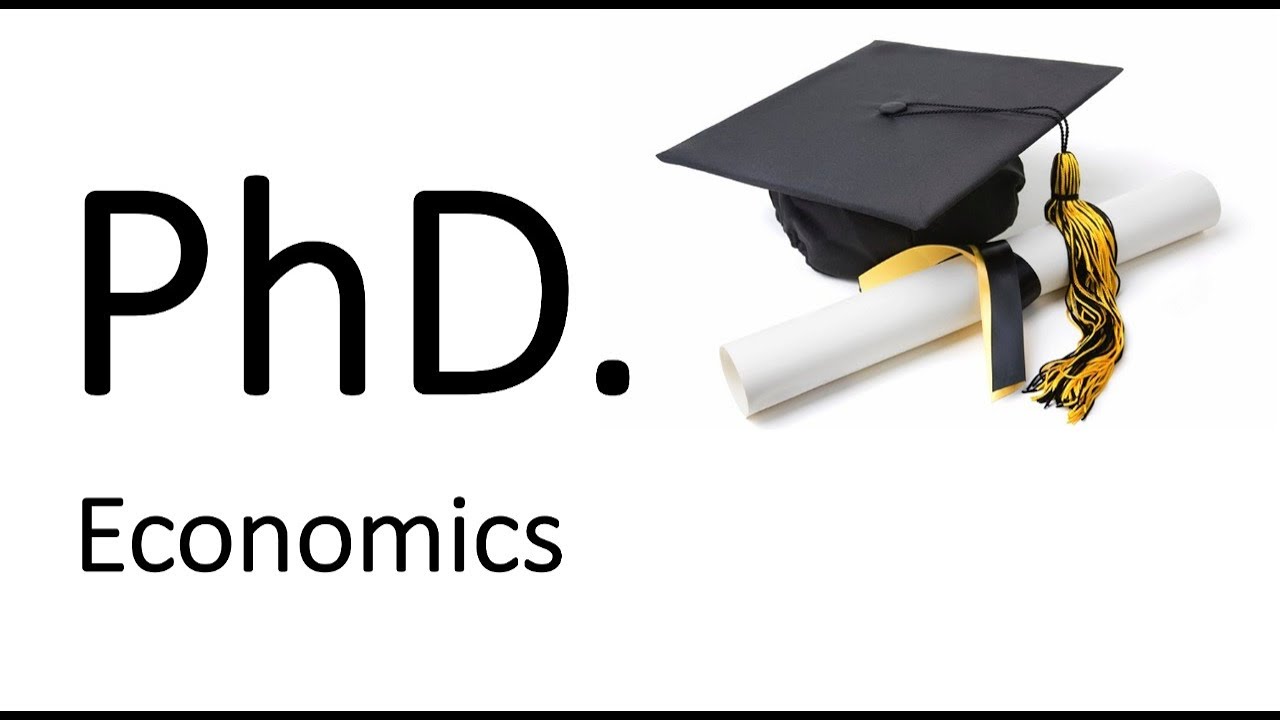Ph.D. in Economics: Introduction, Admission, Registration, Eligibility, Duration, Fees, Syllabus 2024

Introduction:
Economics, often called the "dismal science," is anything but dismal for those passionate about understanding the dynamics of markets, societies, and policies. Pursuing a Ph.D. in Economics offers a rigorous exploration of economic theory, quantitative analysis, and policy implications. This guide serves as a roadmap for aspiring economists, providing insights into admission procedures, eligibility requirements, completion timelines, career pathways, and more.
Admission Process:
- Submit an application to the university's economics department, specifying the Ph.D. program in Economics.
- Provide academic transcripts, letters of recommendation, and a statement of purpose outlining research interests in economics.
- Demonstrate proficiency in mathematical and statistical analysis, with a strong background in economics and related disciplines.
- Participate in interviews or submit research proposals aligned with the focus areas of economic research.
Eligibility:
- A Master's degree in Economics, Applied Economics, Econometrics, or related fields.
- Strong academic background and research experience in microeconomics, macroeconomics, econometric analysis, or quantitative methods.
- Proficiency in mathematical and statistical software packages commonly used in economic research, such as Stata, R, MATLAB, or Python.
- Demonstrated interest and motivation to pursue advanced research in economics, evidenced by previous projects, publications, or industry experience.
Completion Time:
Typically ranges from 4 to 6 years, depending on the complexity of the research project and individual progress.
Career Opportunities:
- Academic positions in universities and research institutions, teaching courses in economics, economic theory, applied economics, econometrics, or public policy.
- Employment in government agencies, international organizations, or think tanks, focusing on economic research, policy analysis, or program evaluation.
- Roles in financial institutions, consulting firms, or industry sectors such as banking, finance, or consulting, in positions like economist, research analyst, or policy advisor.
- Opportunities in non-profit organizations, advocacy groups, or NGOs, addressing socio-economic issues, development economics, or public sector reform initiatives.
Syllabus:
- Core courses covering foundational concepts in microeconomic theory, macroeconomic theory, econometric analysis, and quantitative methods in economics.
- Advanced seminars on specialized topics such as applied microeconomics, monetary economics, labor economics, development economics, or environmental economics.
- Electives in related disciplines like public finance, health economics, international trade, or industrial organization, providing interdisciplinary perspectives on economic analysis.
Internship Opportunities:
- Collaborate with government agencies, research institutions, or non-profit organizations for internships, gaining hands-on experience in economic research, policy analysis, or program evaluation.
- Participate in research projects or internships with universities, industry partners, or international organizations, exploring emerging trends and real-world applications of economic analysis.
- Engage in economic policy forums, conferences, or workshops, networking with policymakers, economists, and industry professionals, and gaining insights into policy challenges and solutions.
Scholarships and Grants:
- Institutional funding through graduate assistantships, research fellowships, or teaching positions.
- External scholarships provided by government agencies, private foundations, or research organizations supporting economic research, policy analysis, or social science research.
- Funding opportunities specifically targeting research projects addressing pressing economic issues, policy challenges, or innovation in economic analysis, based on academic merit or research potential.
FAQs:
What research areas can I explore within a Ph.D. in Economics?
Research areas may include microeconomic theory, macroeconomic policy analysis, econometric modeling, labor economics, health economics, environmental economics, or public finance.
What skills are essential for success in a Ph.D. program in Economics?
Strong analytical skills, proficiency in quantitative methods, mathematical modeling, critical thinking, and the ability to communicate complex economic concepts effectively are crucial for success in this field.
Are there opportunities for collaboration with industry partners during the Ph.D. program?
Yes, many Ph.D. programs in Economics offer opportunities for collaboration with government agencies, industry partners, or international organizations through internships, research projects, or joint initiatives.
How can I stay updated on the latest research trends and methodologies in Economics during my Ph.D. studies?
Engage in academic conferences, seminars, workshops, and online forums, participate in research projects with faculty members or industry partners, and regularly review academic journals and publications in the field.





